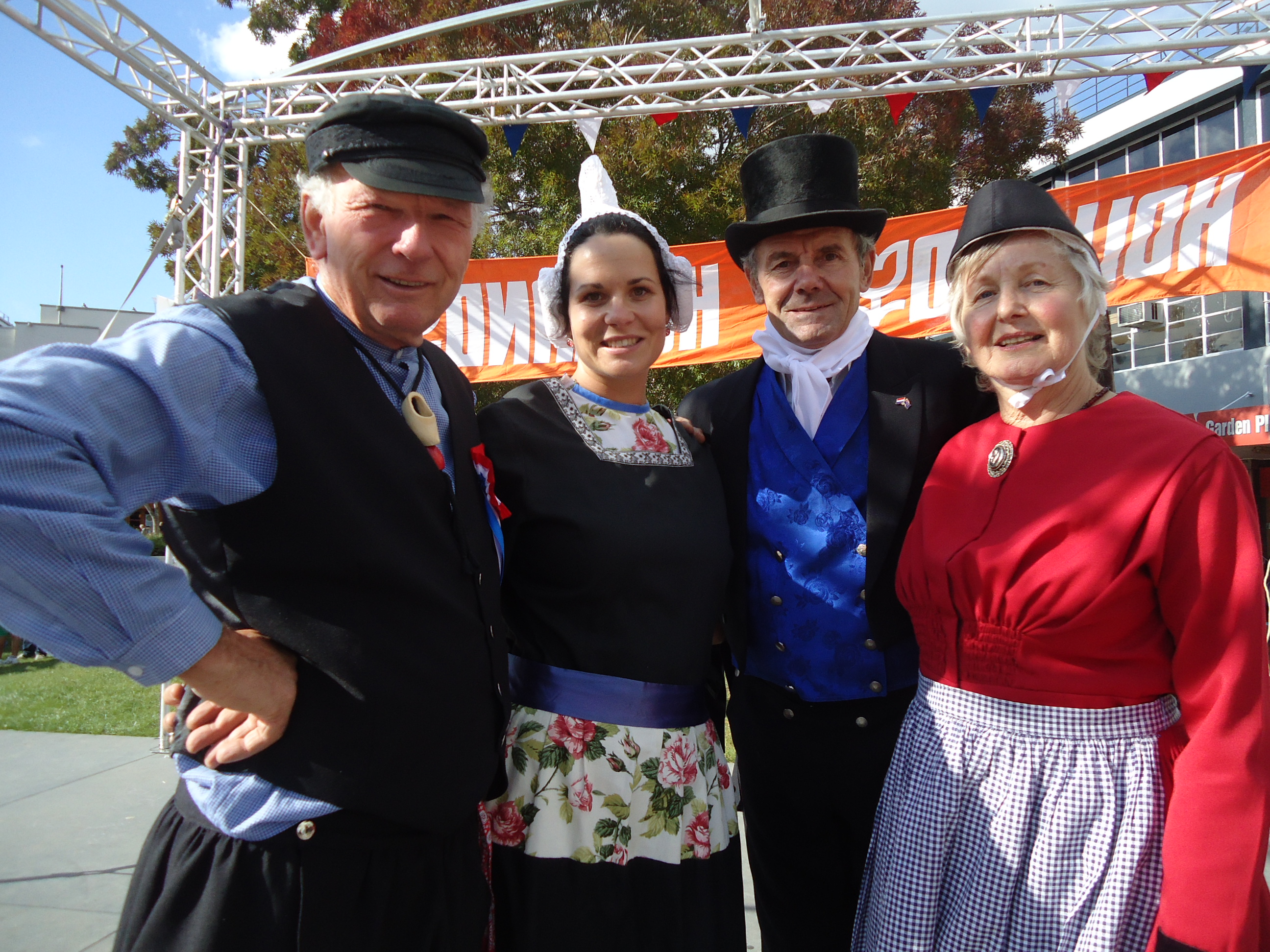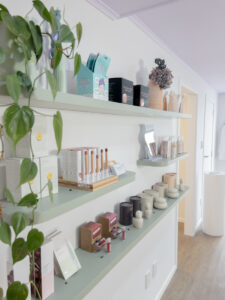Waikato Dutch community celebrates change in monarchy
The Waikato’s Dutch community celebrated in Garden Place in the lead-up to their queen handing power to her son.
Holland was brought a little closer to Hamilton on Tuesday lunchtime, and Garden Place was awash with red, white, blue, and royal orange.
Passersby drawn in by the organ music and intrigued by traditional costumes stopped to investigate the stand set up by Dutch residents of the region.

Vice president of the NZ Netherlands Society – Waikato, Louise van den Berg, said the reason for the day was a change in the Dutch monarchy.
The celebration was timed to coincide – as much as differing time zones allowed – with Queen Beatrix passing the crown to Willem-Alexander, making him the first king in three generations.
Van den Berg said the Dutch are excited about power passing to Willem-Alexander, and his Argentinean wife Maxima.
“Oh, they’re very enthusiastic. Maxima is very, very liked. Very respected… They’re very, very popular.”
The large Waikato Dutch community wanted to share that excitement with Kiwis.
Award-winning cheesemakers from Meyer Gouda Cheese Ltd offered samples of their produce, children could make crowns, and passing Hamiltonians could also write a congratulatory message to be sent to Holland’s future monarchs.
Members of the Dutch community were either wearing orange, the colour of their monarchy, or a traditional costume.
But it was an event organised in a hurry, as the Queen’s plan to abdicate has only been known for about a month.
The Society hopes to gain council approval to bring a ‘free market’ (similar to a garage sale) to the Waikato next year, for the King’s birthday on April 27.
“People bring all the stuff they don’t want to sell, and they just have a blanket on the street where they sell all their goods. That’s quite traditional,” said van den Berg.
“The whole country celebrates.”




